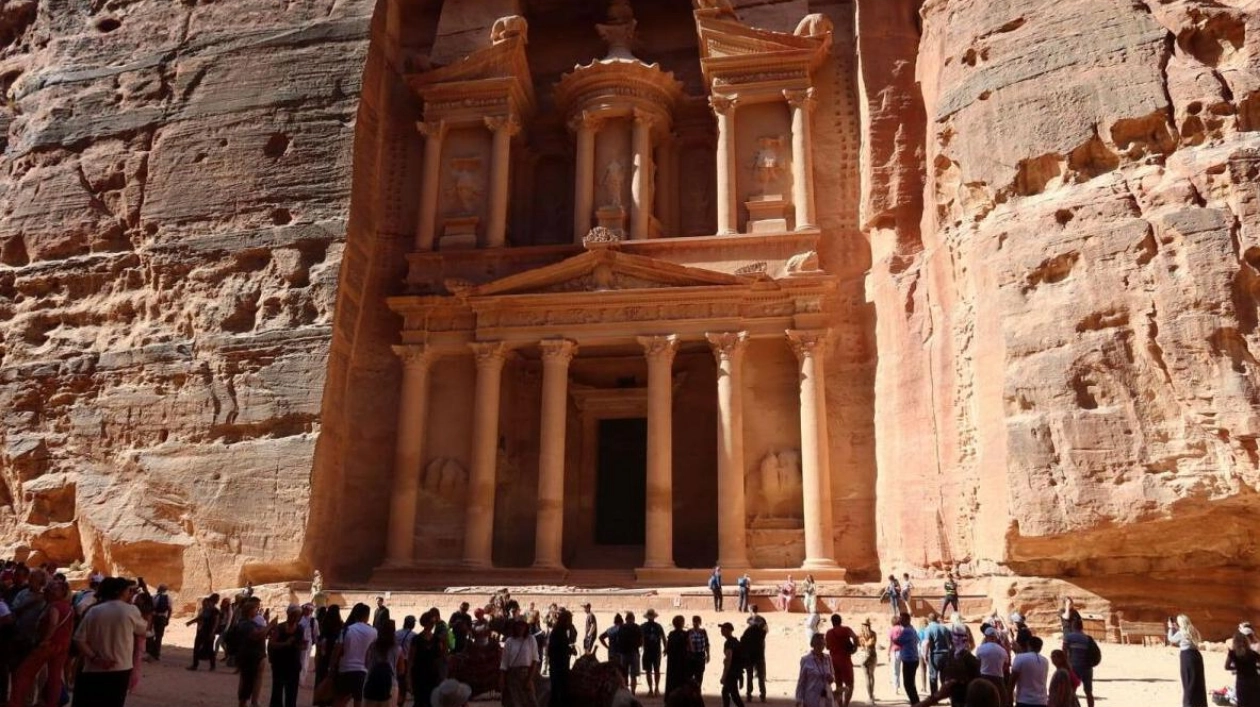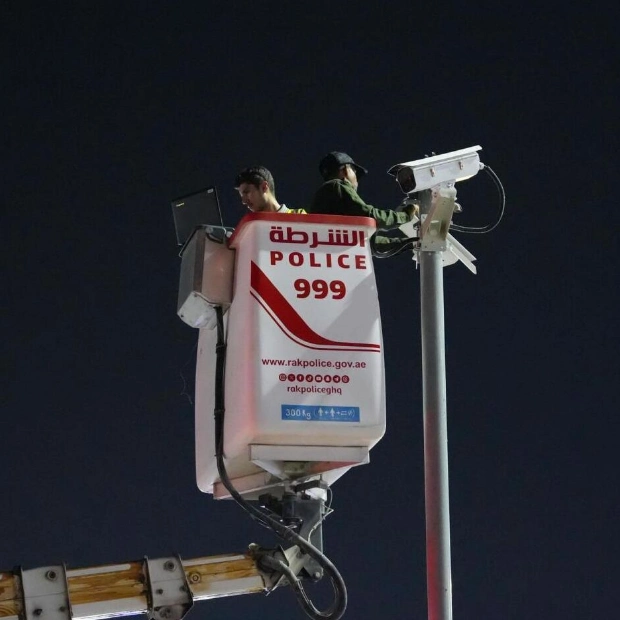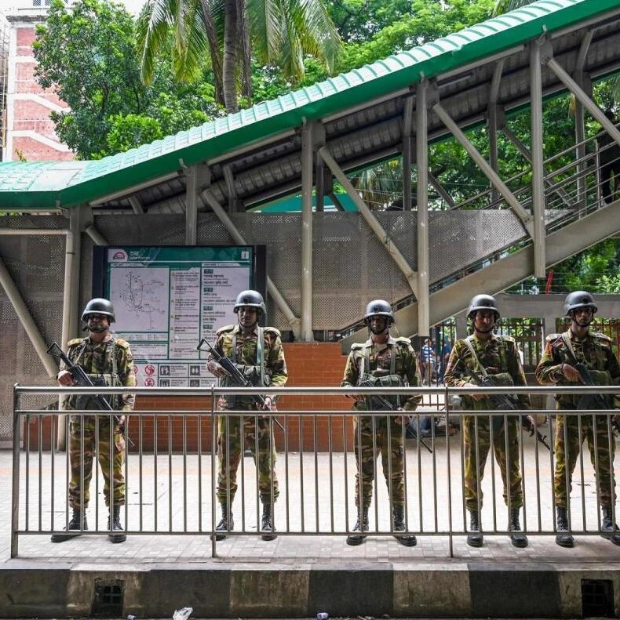Visitors flock to the treasury site in the ancient city of Petra, Jordan, on October 29, 2024. — Reuters
Enas Al Hinti has slashed staff salaries by half and requested employees to take unpaid leave in a bid to keep her hotel in ancient Petra operational as Western tourists, wary of conflict, avoid destinations in the Middle East. The crisis in the region's tourism sector, sparked by the Israel-Hamas war 13 months ago, is deeply felt in Jordan, where beach resorts dot the border with Israel along the Red Sea and Dead Sea. Sites like Petra, Wadi Rum, and crusader castles have long attracted visitors—over a million annually before the war, primarily Americans and Europeans. However, Reuters reporters recently visiting the rose-colored rock city—Jordan's top tourist draw—found many businesses closed and boarded up.
"There are no revenues, it's all losses," Al Hinti, who manages the Nomads hotel, told Reuters. Data and interviews with seven hotel and business owners and tour operators highlight the severe impact on the tourism industry, which accounted for 12.5% of the economy last year. Flight ticket bookings to Jordan, which is not part of the conflict, dropped 35% year-on-year from September 16 to October 4, according to travel intelligence firm ForwardKeys. The situation deteriorated further after Iran's drone strike on Israel in April and subsequent retaliatory strikes between Israel and Iran, said Seif Saudi, managing director of Amman-based Jordan Direct Tours. "Things were looking up for October, but the second attack wiped out all those gains."
The tourism sector across the Middle East is grappling with challenges. Flight bookings to the region have declined 6% year-on-year since the war began after Hamas-led militants attacked Israel on October 7, 2023, ForwardKeys data shows. Bookings to Israel and Lebanon fell more sharply than those to Jordan between September 16 and October 4, while Oman, Saudi Arabia, and Bahrain saw smaller declines. The recent escalation of the conflict, including intensified Israeli attacks on Lebanon's Hezbollah, has dashed hopes for a recovery in the cooler autumn months, a crucial season for Middle East tourism. International tour groups like Intrepid and Riviera Travel canceled tours to Jordan and Egypt after Iran launched ballistic missiles at Israel on October 1.
Hotel occupancy rates in Petra have plummeted to an average of 10%, estimates Abdullah Hasanat, president of the Petra Hotels Association. "We are searching for a savior. All the investments in Petra are in intensive care. When tourism stopped, bookings stopped," Hasanat, who owns a hotel, told Reuters. Most international carriers have suspended flights to Beirut and Tel Aviv, and some, like Ryanair, have also paused flights to Jordan due to its proximity to Israeli and Lebanese airspace. Hotel owners said Ryanair's decision particularly affected the number of Western tourists visiting the country. Ryanair CEO Michael O'Leary told Reuters in October that it was a "sensible" move given the airspace closures at the time.
Before the war, Christian tourists on pilgrimages to Israel often extended their trips to Jordan. Business owners predict long-term damage. Future bookings have vanished, forcing hotel managers like Al Hinti to use their financial reserves to continue paying salaries. She is keeping her hotel open but with fewer floors available. "We are facing next year with a drop of not less than 90-95% (in bookings)," said Nabih Riyal, CEO of Plaza Tours, which organizes holidays with European and American operators. Jordan's tourism sector has weathered previous crises related to the prolonged conflict between Israelis and Palestinians, Tourism Minister Lina Annab told Reuters. "This calls for us to focus on our most resilient markets, which are not as affected by the situation," Annab said, noting that visitors from neighboring countries are still coming.
Some Western tourists remain undeterred. "We knew the trip would be canceled if it was really risky," said Dorothy Lawson, a tourist from California, exploring Petra in late October. "They said we could come. So we came and we're really glad we did." However, businesses dependent on large crowds are struggling to stay afloat. "We used to have 4,000 visitors every day," said Marcus Massoud, a souvenir shop salesman in Petra. "Now we have 300 to 400. It's not like before."
Source link: https://www.khaleejtimes.com






